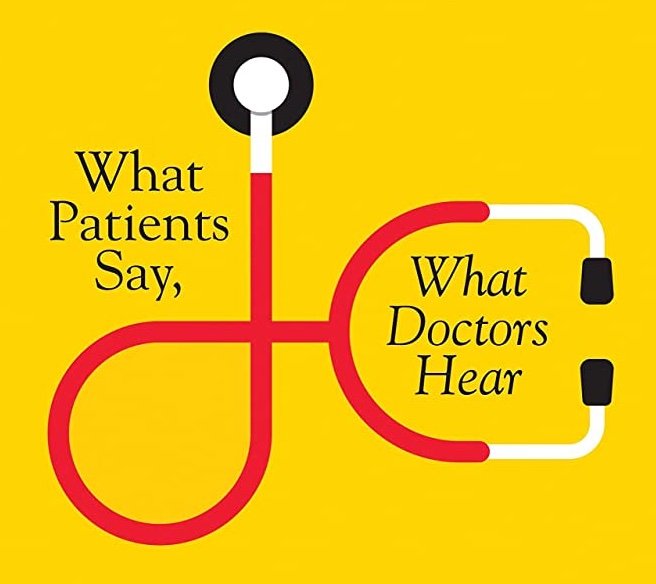We use own and third-party cookies to measure the website’s activity with the purpose of implementing improvements based on analysing the data on how users use the service.

When doctor Danielle Ofri is not seeing patients at Bellevue Hospital in New York, she spends her time writing about medicine. In addition to the articles she regularly publishes on The New York Times, Ofri is the author of several books that explore clinical practice from an emotional point of view with the patient in the centre of the whole treatment strategy. In her book “What Patients Say, What Doctors Hear” (2017) she explores the doctor-patient relationship and reaches the conclusion that a good clinical interview is the most powerful diagnostic tool ever. It’s even more powerful than some of the most innovative and sophisticated technologies available nowadays. However, what patients say and what doctors hear are often two very different things.
Patients need to be heard, but doctors, who have high workload, spend most of the visit asking standard questions that don’t allow them to gather the key elements and get to the root of the problem. Words don’t circulate clearly or fluently between doctor and patient, and this not only causes misunderstandings but is also the origin of misdiagnoses. This situation results in a great disappointment for the patient, who has a story to tell that the doctor can’t or doesn’t want to hear.
Improving the doctor-patient communication is key to achieve good outcomes. However, the reality shows that most doctors have few communication skills and are not able to keep deep and honest conversations with their patients. Rather than a constructive dialogue it’s often a monologue in which the doctor shares their view and tries to convince the patient about its scientific validity.
Danielle Ofri, in this book, tries to prove the benefit of a good anamnesis. If the doctor empathises with the patient and spends the time they need, it will result in better clinical outcomes. Doctor Ofri reaches this conclusion after having interviewed a great number of doctors and patients and having reviewed multiple studies. Some of the studies referenced in the book show how valuable words are to improve treatment adherence, to reduce pain or to improve clinical outcomes.
Surely, reading “What Patients Say, What Doctors Hear” may give pause for thought on the limited communication skills of doctors and change deeply rooted attitudes. It’s important to understand that a better doctor-patient communication will lead to better health for everyone.